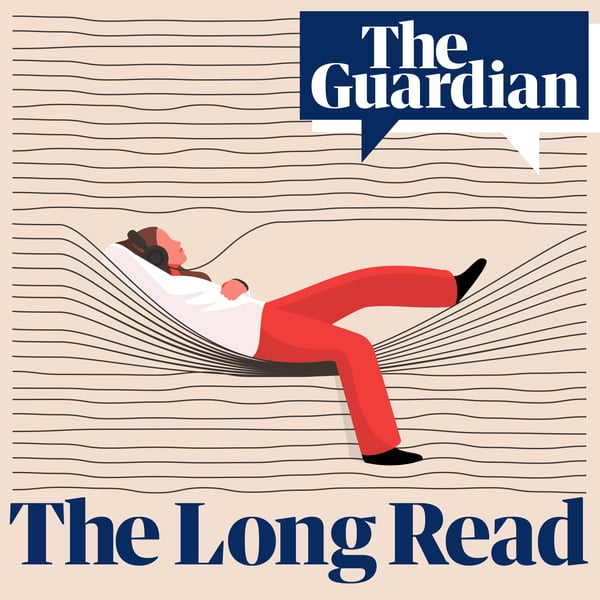Do we need a new theory of evolution?
The Audio Long Read
The Guardian
4.3 • 2.4K Ratings
🗓️ 4 July 2022
⏱️ 38 minutes
🧾️ Download transcript
Summary
Transcript
Click on a timestamp to play from that location
| 0:00.0 | This is The Guardian. |
| 0:30.0 | Strange as it sounds, scientists still do not know the answers to some of the most basic questions about how life on earth evolved. |
| 0:41.0 | Take eyes, for instance. Where do they come from exactly? |
| 0:48.0 | The usual explanation of how we got these stupendously complex organs rests upon the theory of natural selection. |
| 0:56.0 | You may recall the gist from school biology lessons. If a creature with poor eyesight happens to produce offspring with slightly better eyesight thanks to random mutations, then that tiny bit more vision gives the more chance of survival. |
| 1:10.0 | The longer they survive, the more chance they have to reproduce and pass on the genes that equip them with slightly better eyesight. |
| 1:17.0 | Some of their offspring might in turn have better eyesight than their parents, making it like clear that they too will reproduce and so on. |
| 1:25.0 | Generation by generation over unfathomably long periods of time, tiny advantages add up. |
| 1:33.0 | Eventually, after a few hundred million years, you have creatures who can see as well as humans, or cats, or owls. |
| 1:43.0 | This is the basic story of evolution, as recounted in countless textbooks and pop science bestsellers. |
| 1:53.0 | The problem, according to a growing number of scientists, is that it is absurdly crude and misleading. |
| 2:01.0 | For one thing, it starts midway through the story, taking for granted the existence of light-sensitive cells, lenses and irises without explaining where they came from in the first place. |
| 2:13.0 | Nor does it adequately explain how such delicate and easily disrupted components mesh together to form a single organ. |
| 2:21.0 | And it isn't just eyes that the traditional theory struggles with. |
| 2:25.0 | The first eye, the first wing, the first placenta, how they emerge, explaining these is the foundational motivation of evolutionary biology, says Armin Machek, a biologist at the University of Indiana. |
| 2:38.0 | And yet we still do not have a good answer. This classic idea of gradual change, one happy accident at a time, has so far fallen flat. |
| 2:48.0 | There are certain core evolutionary principles that no scientist seriously questions. Everyone agrees that natural selection plays a role, as does mutation and random chance. |
| 3:00.0 | But how exactly these processes interact, and whether other forces might also be at work, has become the subject of bitter dispute? |
| 3:09.0 | If we cannot explain things with the tools we have right now, the Yale University biologist Gunter Wagner told me, we must find new ways of explaining. |
| 3:19.0 | In 2014, eight scientists took up this challenge, publishing an article in the leading journal Nature that asked, does evolutionary theory need a rethink? |
| 3:30.0 | Their answer was yes, urgently. |
| 3:33.0 | Each of the authors came from cutting edge scientific subfields, from the study of the way organisms alter their environment in order to reduce the normal pressure of natural selection, think of beavers building dams, to new research showing that chemical modifications added to DNA during our lifetimes can be passed onto our offspring. |
... |
Please login to see the full transcript.
Disclaimer: The podcast and artwork embedded on this page are from The Guardian, and are the property of its owner and not affiliated with or endorsed by Tapesearch.
Generated transcripts are the property of The Guardian and are distributed freely under the Fair Use doctrine. Transcripts generated by Tapesearch are not guaranteed to be accurate.
Copyright © Tapesearch 2025.

